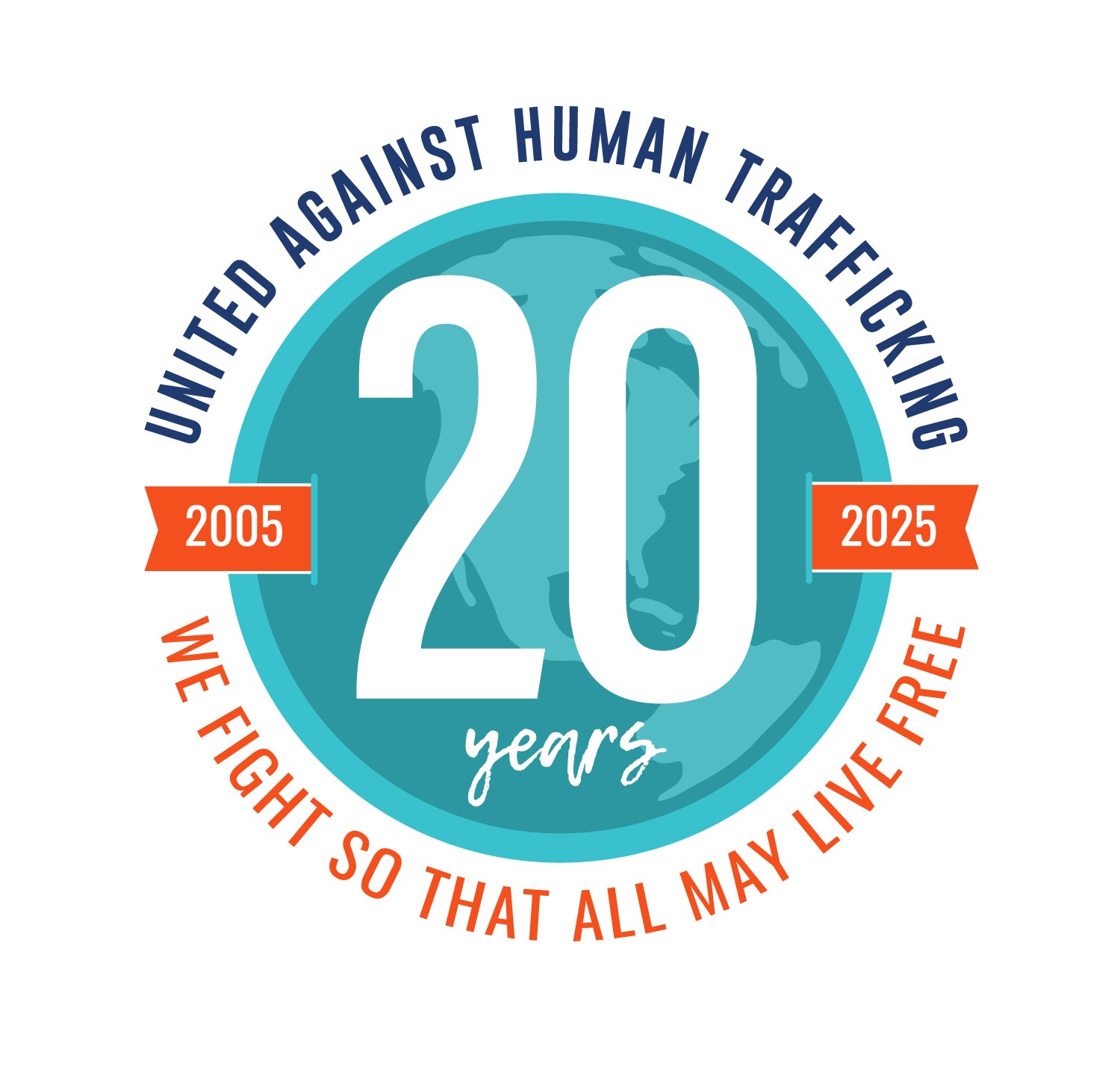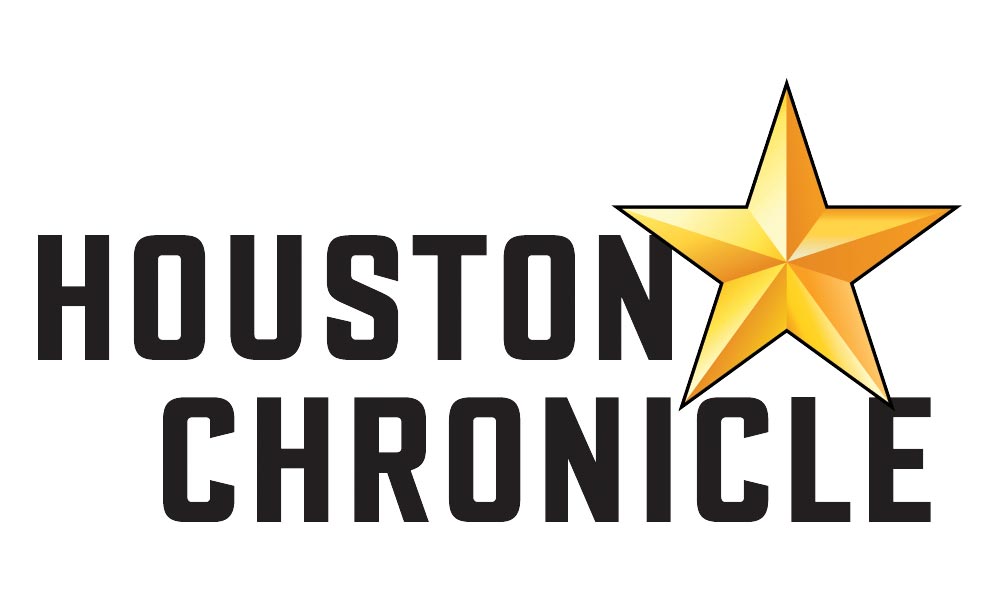“Are you OK?”
That simple question could be the start of something very good for some victims of human trafficking. When people think of human trafficking, they often think of young women walking the streets, renting out their bodies.
But there are many types of human trafficking, from prostitution to people being forced to work any number of jobs. Last Wednesday, the Coalition for the Homeless presented a lunch and learn event at the United Way of Houston on Waugh Drive. The group serves clients across the region and strives to educate professionals and residents on all aspects of homelessness.
On Wednesday, Jenna Cooper gave an overview of human trafficking in the greater Houston area. Cooper is the manager of outreach services with United Against Human Trafficking.
Homelessness and human trafficking, “we know they are interconnected,” Cooper said. “We know that victims of human trafficking are coming into contact with front-line professionals.”
Cooper then spoke of the scope of human trafficking, starting off big and bringing it to the local level.
“It is the fastest growing illegal activity in the world,” she said. “This can happen to anyone. This is happening in Texas. Labor trafficking is the prevalent form of human trafficking.”
Cooper said the Department of Justice reports that Interstate 10 is the “most-utilized route for human trafficking.” That brings the problem straight through Houston, which the Department of Justice identified as “an intense” are for human trafficking.
“Victims rarely self-identify,” Cooper said.
So, Cooper said, it is often necessary to start off with a simple dialogue like asking, “Are you OK?” That is oftentimes all is needed to get someone talking about their plight.
Identifying victims of human trafficking and their perpetrators is a difficult task, Cooper pointed out. According to research, 36 percent of victims report that an immediate family member is the one who traffics them. Another 27 percent reports it is a boyfriend; 14 percent say it is an employer; 14 percent identify their trafficker as “friends of the family”; and 9 percent say it was a stranger.
Even putting a simple face on it based on gender is difficult. Some 45 percent of those who are victims are male. In Texas, there are an estimated 313,000 human trafficking victims, including 234,000 labor trafficking victims and 79,000 minors/youths sex trafficking victims.
Along with the Coalition for the Homeless, other local service providers that help the homeless and those suffering through human trafficking include the YMCA, Catholic Charities (which provides legal services), Freedom Place (a residential treatment facility for females) and The Landing.
For more information on homelessnes in Harris, Fort Bend and Montgomery counties, go to www.homelesshouston.org.
For more information on United Against Human Trafficking, go to www.uaht.org.
Find the original article at, http://www.chron.com/neighborhood/memorial/opinion/article/ROY-KENT-Human-trafficking-in-Houston-10999423.php

